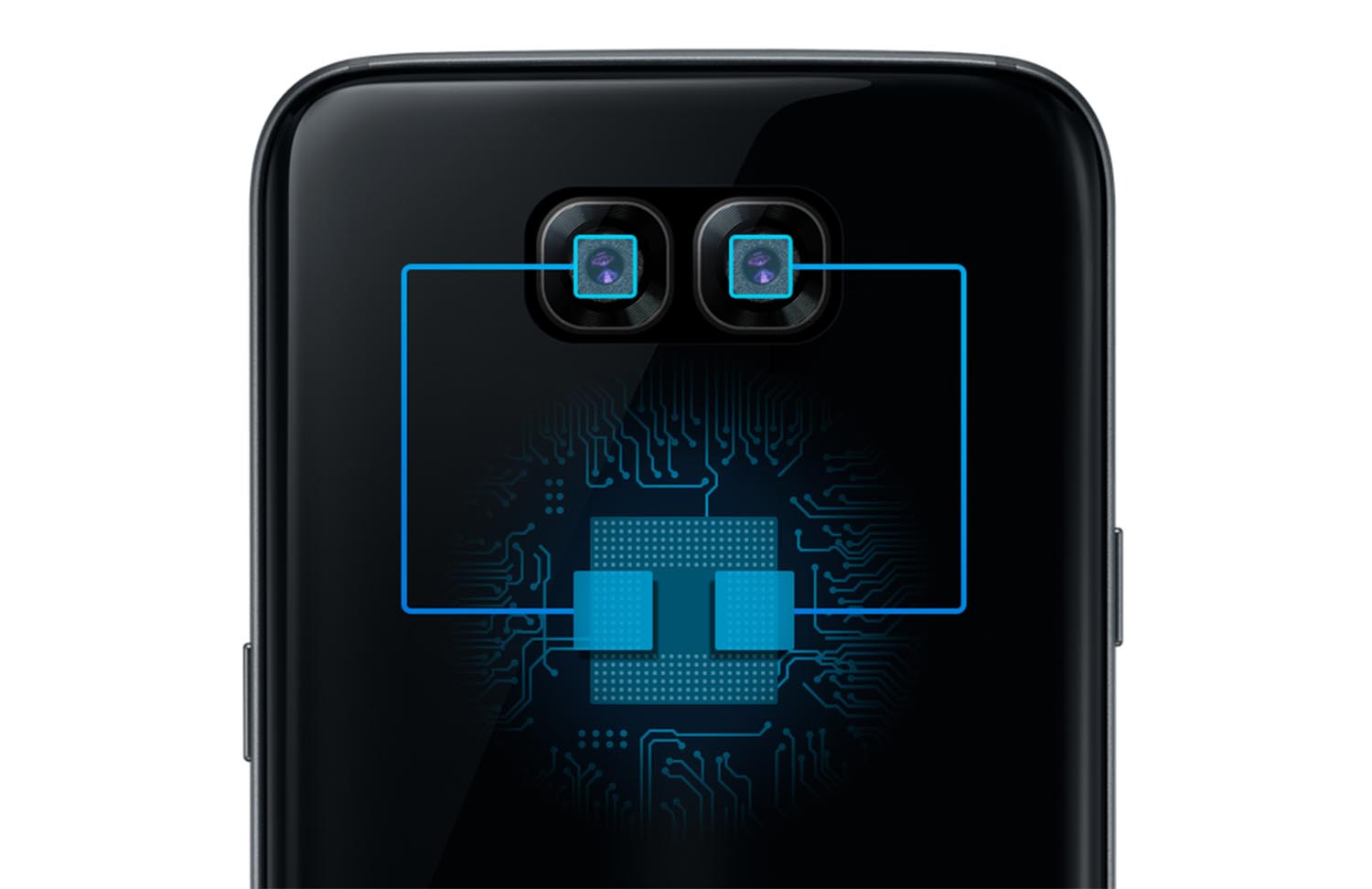NPUs are the neural processing units that manufacturers are incorporating into their mobile devices to perform tasks of all kinds. Although they are not yet indispensable, their presence will continue to grow over the years, which is why Samsung is heavily committed to the development of technology in this area.
More Performance, Less Power Consumption
Samsung began this year to include an NPU in its S10 series, in the same way that we have seen Apple or Huawei do in their latest smartphones, which would facilitate the management of actions that required artificial intelligence, such as classifying or identifying images. Now the company claims to have developed this to make computing on the same device without relying on external servers or agents even more powerful than ever.
More than 4 times lighter and 8 times faster than existing algorithms, Samsung’s latest algorithms solution has been drastically improved over previous solutions and has been seen as the key to solving possible problems with low performance and high speed computations.
Samsung Electronics Introduces A High-Speed, Low-Power NPU Solution for AI Deep Learning
Samsung has already announced on previous occasions that it will provide substantial funding over the next few years for the development of an NPU capable of working “at the level of the human brain”, and all intermediate measures are steps towards this goal.
Commenting on recent progress, the company says that “customizing data in groups of less than 4 bits while maintaining accurate data recognition time” can significantly improve the processing power performed on the same device and far exceeds the current 32-bit automatic learning system in servers.
Because this system requires less hardware and less power, it can be mounted directly on the device at the point where data is collected from an image or fingerprint sensor before the processed data is transferred to the required endpoints.
Among the most important future applications of these systems, which can operate with low energy consumption include applications such as virtual reality or autonomous and networked driving in cities. It is therefore to be expected that the industry will move even more towards this area in the near future.
